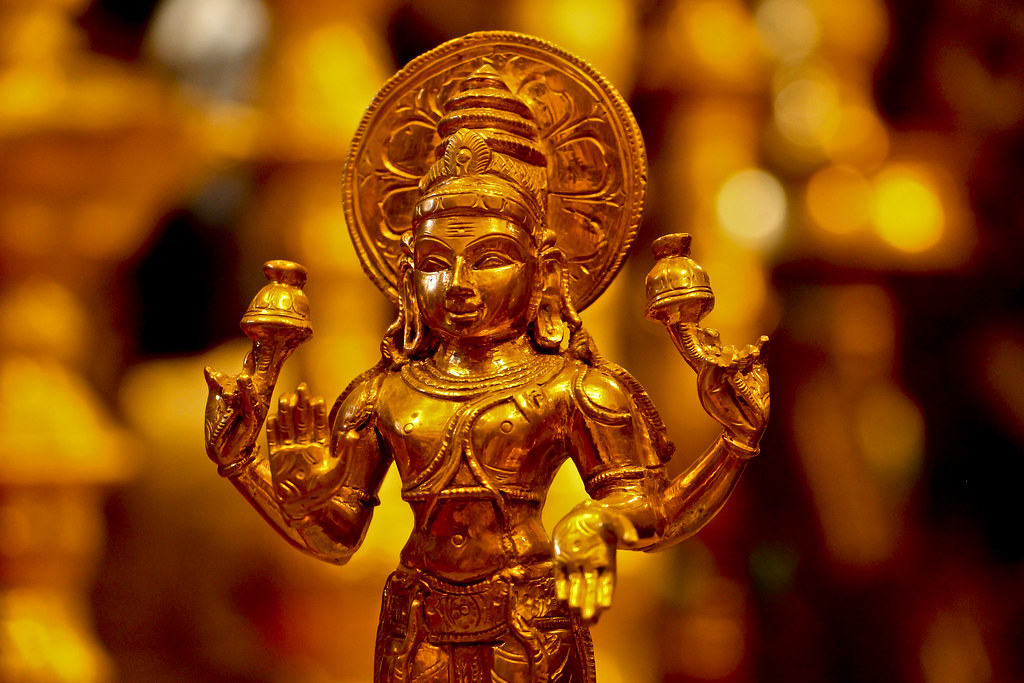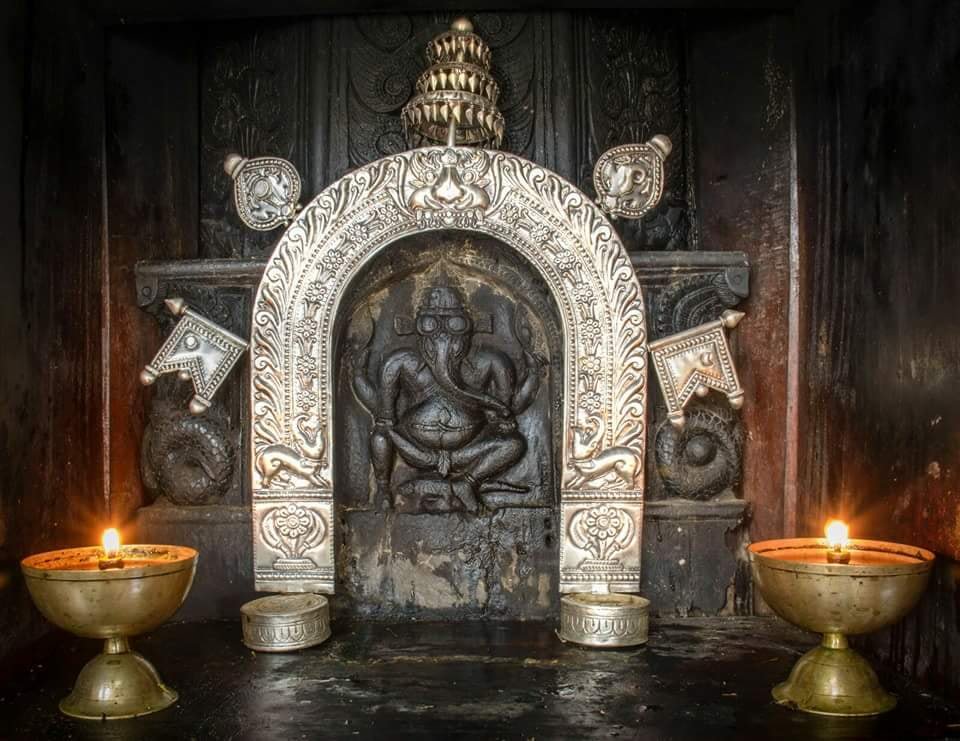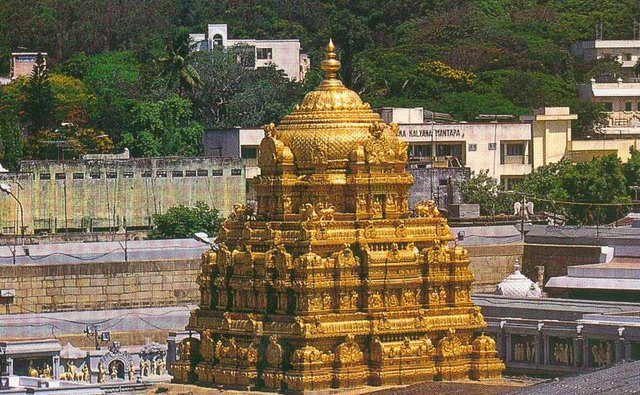Hello everyone! Today, we’re embarking on a delightful journey exploring the 4 Days of Makara Sankranti. This festival, deeply ingrained in the cultural fabric of India, unfolds over four days, each with its unique charm and significance. Whether you’re familiar with the festival or just curious about it, this, article aims to provide a deeper understanding of these vibrant celebrations.
4 Days of Makara Sankranti
Day 1: Bhogi
Day 2: Makara Sankranti
Day 3: Kanuma
Day 4: Mukkanuma

Day 1: Bhogi
The festivities of Makara Sankranti kick off with Bhogi. It is the first day among the 4 Days of Makara Sankranti. On this day, a significant tradition is the “Bhogi Mantalu,” where people light bonfires with logs of wood, old wooden furniture, and other redundant household items. This ritual symbolizes the burning of the past and making way for fresh beginnings. It’s a time to let go of the old and embrace the new, both in a physical and spiritual sense.
In many villages from Tamil Nadu , a unique ceremony known as “Kappu Kattu” is performed. This involves tying neem leaves to the walls and roofs of houses. Neem, known for its medicinal and purifying properties, is believed to ward off evil spirits and usher in good health and prosperity.
Bhogi also honors Indra, the Hindu god of rain. Farmers pay tribute to Indra Dev, seeking blessings for a bountiful harvest. This is reflective of India’s agrarian roots and the deep respect for natural elements that sustain life. In the evening, a ceremony called Bhogi Pallu, fruits of the harvest such as regi pallu and sugarcane are collected along with flowers of the season. It’s a time of renewal and introspection, setting the tone for the days ahead.
Day 2: Makara Sankranti
The second day, among the 4 Days of Makara Sankranti, celebrated as Makara Sankranti or Pongal, is the heart of the festival. It’s celebrated with great enthusiasm, marking the sun’s transition into Capricorn. People take holy dips in rivers, offer prayers to the Sun God, and indulge in kite flying, a popular activity symbolizing freedom and joy.
Central to this day’s festivities is the preparation of “Pongal,” a dish that symbolizes abundance and prosperity. In the traditional way, rice and lentils are cooked in milk, resulting in two distinct variants — the Sakkarai Pongal & the Ven Pongal. The sweet version is typically garnished with jaggery, cardamom, raisins, and cashews, while the savory one is flavored with salt, pepper, curry leaves, and rich ghee.
The cooking of Pongal is a ritual in itself. Traditionally, it’s done in a clay pot over an open fire. The moment when the Pongal boils over the pot is significant and is greeted with shouts of “Pongalo Pongal” (பொங்கலோ பொங்கல்), symbolizing good luck and prosperity.This ritual exemplifies the joy and hope that the festival brings.
Day 3: Kanuma
The third day among the 4 Days of Makara Sankranti, known as Kanuma, is dedicated to honoring cattle, the unsung heroes of agriculture. In many regions, this day is also referred to as Maatu Pongal, where ‘maatu’ means cow. This day is a heartfelt tribute to cows and buffaloes, acknowledging their indispensable role in plowing the fields and contributing to the harvest.
On Kanuma, the cattle are treated with utmost reverence and care. They are bathed and adorned with colorful beads, tinkling bells, and flower garlands. Their horns are often painted and polished, adding to the festive spirit. In some places, cattle races and games are organized, adding to the day’s festivities and fun.
Kanuma is a beautiful embodiment of the symbiotic relationship between nature and humans. It reminds us of the need to respect and care for the animals that play such a crucial role in our lives. Families come together to prepare special meals and share stories, reinforcing their connection with nature and each other.
Day 4: Mukkanuma
The fourth and final day, among the 4 Days of Makara Sankranti, known as Mukkanuma in many regions, is a day that celebrates family ties, community bonding, and in some parts of India, a dash of adventure. In Tamil Nadu, this day is celebrated as Kanum Pongal, and it is famously associated with the exhilarating and daring event of Jallikattu, often referred to as the taming of the bull.
Jallikattu is more than just a sport; it is a deep-rooted cultural tradition that dates back centuries. On this day, bulls are specially bred and trained for this event. Bundles of money or sometimes gold are tied to the horns of these bulls, and the young men of the village attempt to retrieve these bundles amidst the energetic and often dangerous event.
As the “4 Days of Makara Sankranti” come to a close with Mukkanuma, the festival leaves behind a trail of cherished memories, strengthened bonds, and a renewed sense of gratitude towards nature and our cultural heritage. Let’s carry forward these traditions and keep the spirit of Makara Sankranti alive in our hearts!
We would love for you to be a part of this ongoing narrative. Share with us your special rituals, unique customs, or any heartwarming stories related to Makara Sankranti. Do you have a family tradition that’s been passed down through generations? Or perhaps a new custom you’ve started? Join the conversation and be a part of our community’s collective memory.
Connect with us on Twitter and share your thoughts, experiences, and stories. Your input is invaluable in keeping the spirit of Makara Sankranti alive and vibrant. Let’s continue to learn from each other and keep the essence of this beautiful festival thriving in our hearts and homes.





